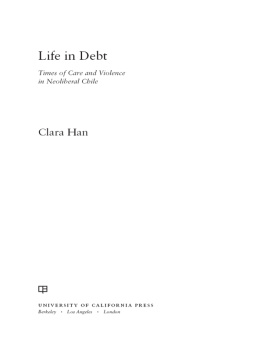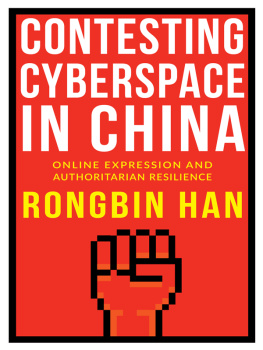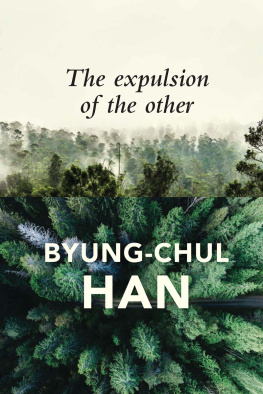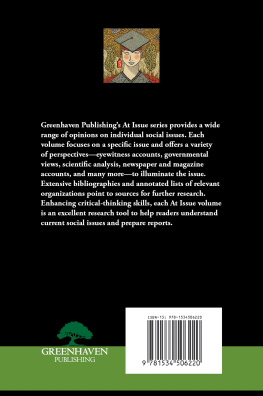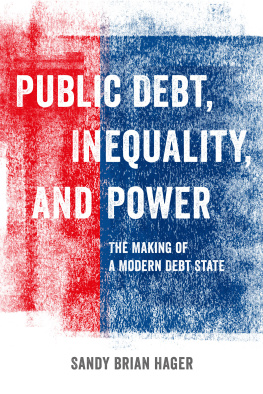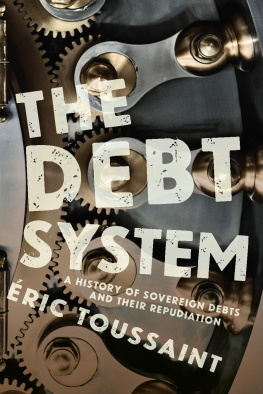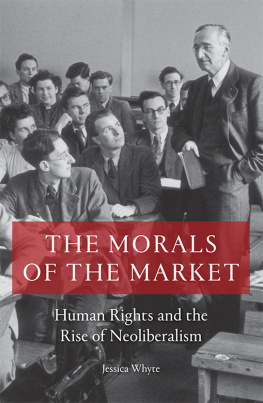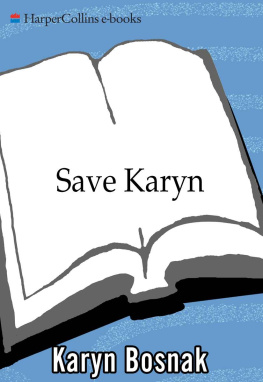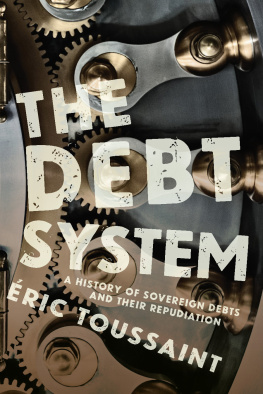Acknowledgments
Writing this book has been a process of growth. I am deeply thankful to friends and families in La Pincoya for inviting me into their lives, for their hospitality, friendship, and wisdom. Helping me understand your commitments, allowing me to accompany you in daily life, and challenging me to be a better person in the registers of my everyday life, you gave me friendship and warmth that not only led to insights for this book but also were formative for my being. I hope the writing adequately evokes the deep and meaningful commitments in this world that endure in difficult circumstances. Thank you.
I also thank the human rights activists, psychiatrists and psychologists, and public health officials who generously gave me insights into their work. I thank Dr. Fernando Lolas of the Pan American Health Organization Regional Program for Bioethics and University of Chile, who was a mentor in the early years of my fieldwork for this book. My gratitude goes also to critical interlocutors, writers, and artists in Santiago: Juan Pablo Sutherland, Jos Salomn, Willy Thayer, Pedro Lemebel, Hctor Nuez, Gabriel Guajardo, Ximena Zabala Corradi, Rodrigo Cienfuegos, Davd Maulen de los Reyes, and Raquel Olea.
This ethnography grew from my dissertation research at Harvard University. I give deep thanks to my advisor Arthur Kleinman. His commitment to worlds and to thinking sustained me as a graduate student and beyond. Kay Warren offered a richness of ideas and an energy that makes her students thrive. Byron Good has been a wonderful mentor and companion on the road of ideas that stretches to the future. Luis Crcamo-Huechante taught me how to be a writer and friend. I am happy to see our shared intellectual and ethical commitments grow. Allan Brandt was the calm sea during my often bewildering MD and PhD training. I thank Marilyn Goodrich for bringing art and music to WJH, and the late Joan Gillespie for the pretzels and chats. I thank the late Joan Kleinman for her wisdom.
In the first three years of my graduate training, the Friday Morning Seminar led by Byron Good and Mary Jo DelVecchio-Good at Harvard introduced me to a host of mentors, who now live in other places. My deep thanks go to Joo Biehl for reading so many of my papers, reading texts with me, and for reviewing this manuscript with such wise eyes. Adriana Petryna, Joseph Dumit, and Michael Fischer have been critical teachers and friends from predissertation to manuscript. Angela Garcia, Chris Dole, Duana Fullwiley, and Lisa Stevenson created sparks for thought and friendship throughout this process. Thank you for reading parts of this writing at early and very late stages. I also benefited greatly from conversations with Eduardo Kohn, Diana Allan, Jessica Mulligan, Emily Zeamer, Jeremy Greene, Erica James, Johan Lindquist, Narquis Barak, Josh Breslau, Liz Miller, Aslihan Sanal, and Chris Garces. Ian Whitmarsh generously read and reviewed the entire manuscript and provided critical comments. My warmest thanks to Vincanne Adams who believed in my future in anthropology when I was an undergraduate majoring in molecular biology.
The Johns Hopkins Department of Anthropology provided me with an intensely challenging and creative ethos. I am grateful to Veena Das, whose comments on this manuscript proved to be turning points in my formation. Jane Guyer, too, read parts of the manuscript and provided critical insights and intellectual support. I also thank Deborah Poole, Naveeda Khan, Juan Obarrio, Anand Pandian, Niloofar Haeri, Emma Cervone, and Sidney Mintz for their conversations and insights. I am especially grateful to Aaron Goodfellow, whose modesty would normally prevent me from saying that I have learned a great deal from him. Thanks to Jane Bennett, William Connolly, Randall Packard, Katrin Pahl, Jennifer Culbert, and the late Harry Marks for expanding my thinking and my world at Hopkins. Bhrigupati Singh, Prerna Singh, Isaias Rojas-Perez, and Sylvain Perdigon have become wonderful friends whose intensity of thought made me a better scholar. I am grateful to graduate students Amy Krauss, Nathan Gies, Juan Felipe Moreno, Serra Hakyemez, Patricia Madariaga-Villegas, and Grgoire Hervouet-Zeiber for their engagement. I thank my undergraduate students who engaged with parts of the manuscript for this book in classes, including Precious Fortes, Michael Rogers, Tyler Smith, Dom Burneikis, and Margaret Davidson.
I shared parts of this work over the past several years, including at Princeton's Department of Anthropology and Program in Latin American Studies, when invited by Joo Biehl and Miguel Centeno; at Harvard's Friday Morning Seminar; at Brown's Department of Anthropology; and at the Pembroke Center's Markets and Bodies in Transnational Perspective seminar, when invited by Kay Warren. I shared it virtually at UC Irvine, and I thank Bill Maurer and Tom Boellstorff for their comments. I also shared it at several meetings of the American Anthropological Association, and I thank Didier Fassin for his comments on materials presented at the AAA and workshops.
The research for this book was made possible by several generous fellowships: the National Science Foundation Predoctoral Fellowship, the Social Science Research Council International Dissertation Research Fellowship, and the National Institutes of Mental Health Ruth L. Kirschstein National Research Service Award MD/PhD Fellowship Grant No. 5 F30 MH06497906, as well as by summer fieldwork grants from Harvard University, including grants from the David Rockefeller Center for Latin American Studies, the Department of Social Medicine's Crichton Fund, the Weatherhead Center for International Affairs, and the Film Study Center.
I thank Reed Malcolm of the University of California Press for believing in this book and for his enthusiasm, and the reviewers who provided incisive and helpful comments.
Treasuring the complexity of life comes from my family. I thank my dad, Sook-Jong Han, for his stubborn perseverance and intellectual honesty. My mom, Chung Hwa Han, passed away before she could see me graduate from college. I hope she finds that this book speaks to her life-affirming warmth. My siblings made this research and writing existentially possible. I thank my sister, Alyse, treasured soul mate, for making life fun, beautiful, and smart; my twin brother, Andy, for keeping my sense of humor alive and kicking, and my brother Mike for being a solid big brother to a kid sister. I am grateful to Paty, alma gemela, for her love of shared worlds. Finally, I thank my partner, Maarten Ottensa beautiful, caring, and wise companion. Such a wonder of life and world! With great patience, he listened to every page of this book multiple times. This book is dedicated to you all.
Advance Praise for Life in Debt
Life in Debt will become, I predict, one of the classic ethnographies in the anthropological study of state violence, community responses, and the moral life of the global poor. Relating economic and political debt, financial and psychological depression, and caregiving by ordinary people and by social institutions, Clara Han maps our brave new world just about as illuminatingly as it has been done. A remarkable achievement.
Arthur Kleinman, Harvard University
In this highly sophisticated take on the ironies of neoliberal social reforms, the corporate sector, consumer culture, and chronic underemployment, nothing can be read literally. Han transforms underclass urban ethnography in Latin America by bringing readers directly into the intimate flow of relationships, experiences, and emotions in family life on the margins of Santiago, Chile.
Kay Warren, Director, Pembroke Center, Brown University
People-centered, movingly written, and analytically probing, Life in Debt deals with both the human costs and the changing structures of power driven by contemporary dynamics of neoliberalism. Combining a deep and nuanced understanding of Chile's history with a longitudinal and heart-wrenching field-based knowledge of the everyday travails of the urban poor, Clara Han has crafted an exceptional analysis of human transformations in the face of political violence and economic insecurity.
Next page
